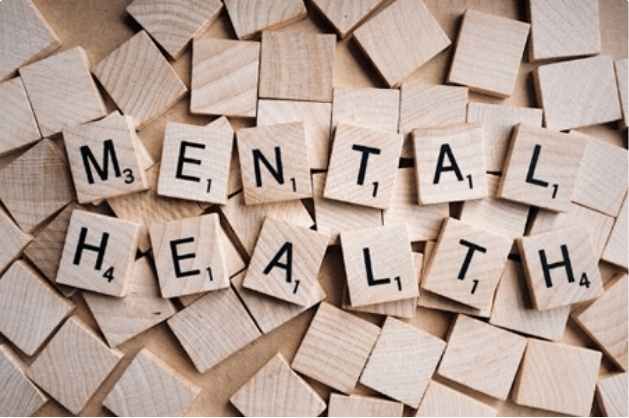
What is Mental Health?
Mental health refers to our cognitive, behavioral and emotional well-being. It affects how we think, feel and act on the inside and outside. It affects how we relate with other people, how we handle stress and how we make our choices in life. Without a doubt, mental health is an important aspect of any child’s overall health and development. Children need to have a good mental health status so they can reach and live up to their full potential, excel and succeed in work and school and be able to make meaningful contributions to society.
Risk Factors and Warning Signs of Potential Mental Health Issue
It is apparent that children today may have mental health issues especially with the fast-paced world that we live in. Young people do their best to keep up and cope with the demands of academics while still maintain their social life and meet family expectations. With the rise of technology and social media, people tend to be socially disconnected leading to relationship breakdown as well as comparison of lives with one another that sometimes causes insecurity, envy or anxiety leading to increased feeling of depression and discontent with life.
Various positive and negative factors can impact the state of a child’s mental well-being. The common risk factors for children to develop mental health issues include biological factors such as genes, life experiences such as losses, discrimination, abuse, substance or media addiction, and family history of problems such as depression, aggression, among other things.
A child who might be dealing with this is more likely to exhibit warning signs including:
- Accademic difficulties
- Social difficulties
- Eating or sleep disturbances
- Anxiety or constant worrying
- Excessive pessimism or hopelessness
- Frequent intense mood swings
- Refusal to take part in school or normal activities
What Parents Can Do
Untreated mental health problems can cause disruption in the child’s functioning at home, in school and in the community; once mental illness develops, it becomes part of the child’s behavior. Parents, family members, and teachers are usually the ones who notice if a child has emotional and behavioral problems. That is why observation and early detection are very important as these will help determine how you can help the child overcome this adversity, or how a professional can intervene. Encourage communication by letting the child know that they can talk about their thoughts, feelings and the difficult situations they’re dealing with. Also avoid setting unrealistic expectations, and help the child to view worries as challenges rather than problems. Minimize use of social media, and connect with others face-to-face instead. Try to encourage the child to meditate, exercise or engage in any physical activities.
It is difficult for anyone, most especially a child to overcome such situation, but it is important to know that help is available. As parents or adults who can support and guide children, it is always best to expose and provide them with an environment that demonstrates love, compassion, trust and understanding.

